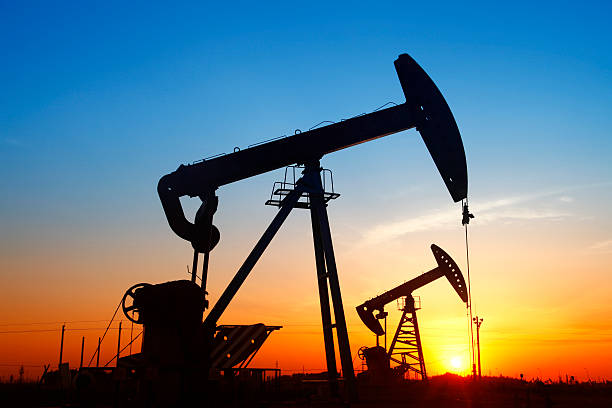LONDON: Oil prices rose on Tuesday in a volatile session after US President Donald Trump soothed jangled nerves over the status of the US-China trade deal.
Markets were unsettled by surprise comments from White House trade adviser Peter Navarro who said the hard-won deal was “over”.
President Trump later wrote in a tweet that the agreement was “fully intact”.
Brent crude rose 27 cents, or 0.6pc, to $43.35 a barrel by 1413 GMT, having skidded to a session low of $42.21. US oil was up 28 cents, or 0.7pc, at $41.01 after touching a low of $39.76.
US-China relations have reached their lowest point in years since the coronavirus pandemic that began in China hit the United States hard. President Trump and his administration have repeatedly accused Beijing of not being transparent about the outbreak.
Oil prices were also supported by data showing that the historic downturn in the eurozone economy eased again this month as businesses resumed activity across the region.
“Looking at the strength of the physical market and recovering global oil demand, we think that the crude oil price is still on its way higher,” Nordic bank SEB said in a note.
On the supply side, US and Canadian oil and gas drillers have cut the number of rigs they are operating to a record low, complicating any efforts to raise output, even with the encouragement of higher prices.
“US onshore production has now given up two full years of (volume) gains,” said Stephen Innes, chief global markets strategist at AxiCorp.
US oil rigs contracted for drilling dropped by 10 to 189 last week, their lowest since June 2009, according to weekly data from energy services company Baker Hughes. Bank of America (BofA) Global Research has lifted its oil price forecast for this year. It now expects Brent crude to average $43.70 a barrel in 2020, up from a previous estimate of $37.




